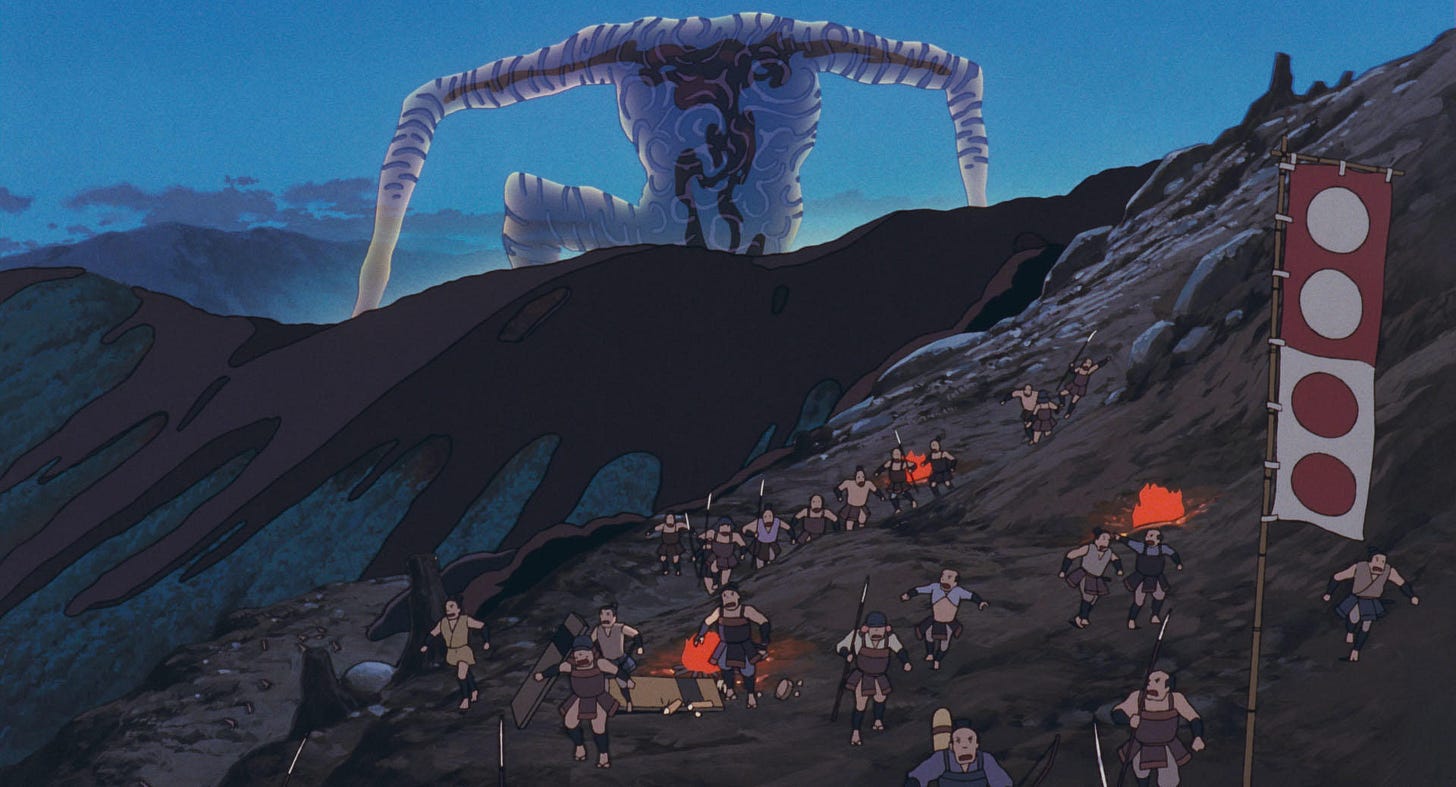For many Muslims, the last 10 days of Ramadan can be a particularly intensive time of reflection and worship. Eid is expected to be around the 9th or 10th of April so we are now heading into this time, which is also coinciding with Easter today. As with last year, it’s a time with lots of spiritual undertones. However, there are also several crises in the world, including of course the ongoing war on Palestine. Some of this was captured nicely in Ramy Youssef’s recent monologue on Saturday Night Live. Perhaps change is really underway, if the opening monologue of SNL can include a call to free the people of Palestine.
On a personal level, I have undertaken a more serious reading of the Quran this year. Muslims will often try to complete the Quran during the month of Ramadan. While I don’t think I will do that, I am over half way at the moment and I intend to finish it over the coming weeks. It’s a bit odd to say but up until now, I’ve never done a full “front to back” reading of the Quran. Maybe I will have further reflections on that later, but for now, one of the things that stands out the most is the emphasis on tawhid, which refers to the oneness of God and the concept of monotheism in Islam.
There are countless verses alluding and emphasizing this. Moreover, there is also great emphasis placed on the fact that this is nothing new. This is a central and key message that has been sent through numerous prophets to numerous peoples. These include all or most of the prophets that are known to Christianity and Judaism, such as Adam, Noah, Abraham, Isaac, Jacob, Joseph, Moses & Jesus. Some also believe that Buddha may have been a prophet of God.
I’m generally inclined to this belief. I am sympathetic to the idea of perennialism, which “is a perspective in philosophy and spirituality that views religious traditions as sharing a single, metaphysical truth or origin from which all esoteric and exoteric knowledge and doctrine has grown.” Why is this important or relevant? Ultimately I think many of the religions of the world share a lot in common, especially when it comes to the struggle between good and evil, and the journey to wisdom. Another key element that is present in many religions and spiritual practices, is the need to be in harmony with the Earth.
I think globally, or at the very least in the “West”, we are facing a number of different crises, whether they are past and future financial crises, public health crises, spiritual crises or environmental ones. We’re all becoming more aware of the environmental crisis that is facing us but I think there’s something to learn from religion or spiritual practices in this regard.
A common Western narrative is that we, humans, are able to tame and conquer the Earth. In that line of thinking, our planet is freely available for us to explore and exploit as we please, with no limits. Humans would thus have sovereignty over nature and natural resources. In contrast, Muslims should typically be of the belief that we are stewards of the Earth. We see the Earth as a blessing, with its mountains and valleys, rivers and oceans, flore and fauna and all it can provide us. We should have respect for all of this though this is sometimes lost in our globalized, industrialized and unabashedly capitalist world.
The Quran points this out in several verses. Moreover, the Iranian philosopher Seyyed Hossein Nasr has delivered lectures on “Islamic environmentalism” as far back as the 1960s. However these ideas don’t seem to have made it to the mainstream as of yet. Whenever I think of this, I can’t help but also relate this to Hayao Miyazaki’s films. Miyazaki is a Japanese animator, filmmaker, and manga artist and he’s widely regarded as as one of the most accomplished filmmakers in the history of animation. In fact, two of his films have won Academy Awards.
Environmentalism is a very common theme in his films. There’s a strong visual contrast in the harmony that exists between human and natures as opposed to the destruction that is brought on by war and greed. I find it quite fascinating that this is a theme that can be transcendent and be found across so many cultures and religions.
Ultimately, I don’t quite have any solutions but I think it’s something to reflect on. Perhaps non-Muslims reading this can reflect on whether we would be better off sharing in the same Truth, the same Oneness, the same Unity. Likewise perhaps those who have not seen any Miyazaki films will be encouraged to check them out after reading this, and they will find a compelling stories that they can share with their families and loved ones.




